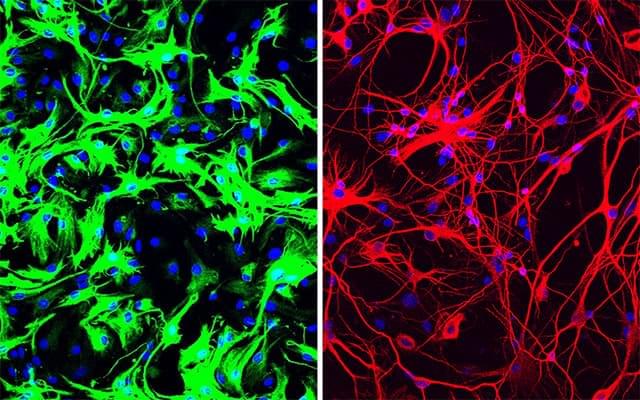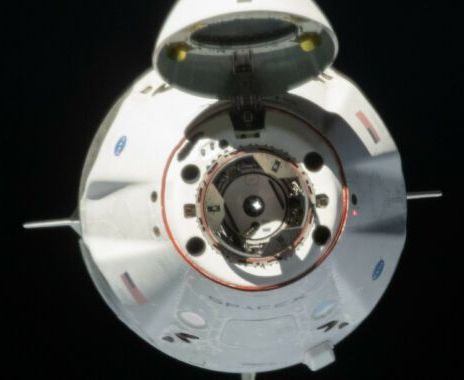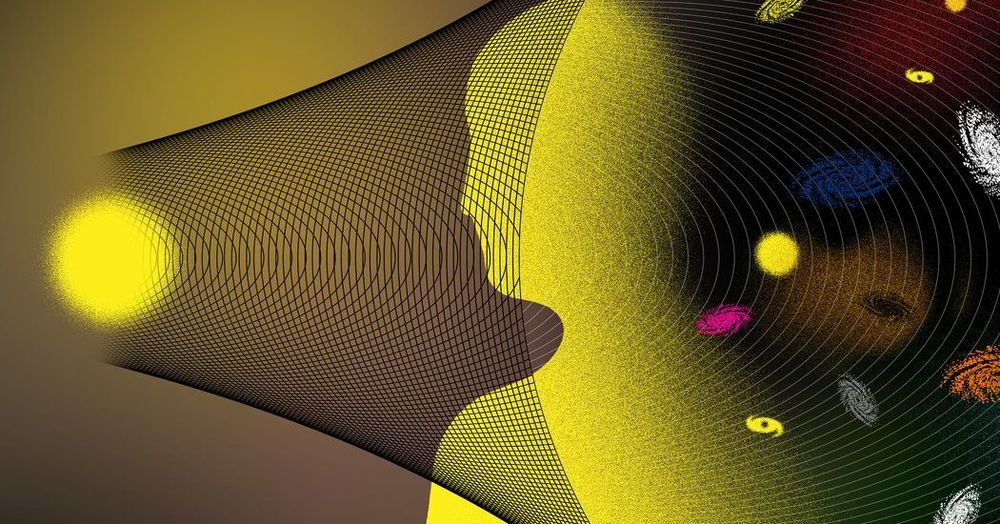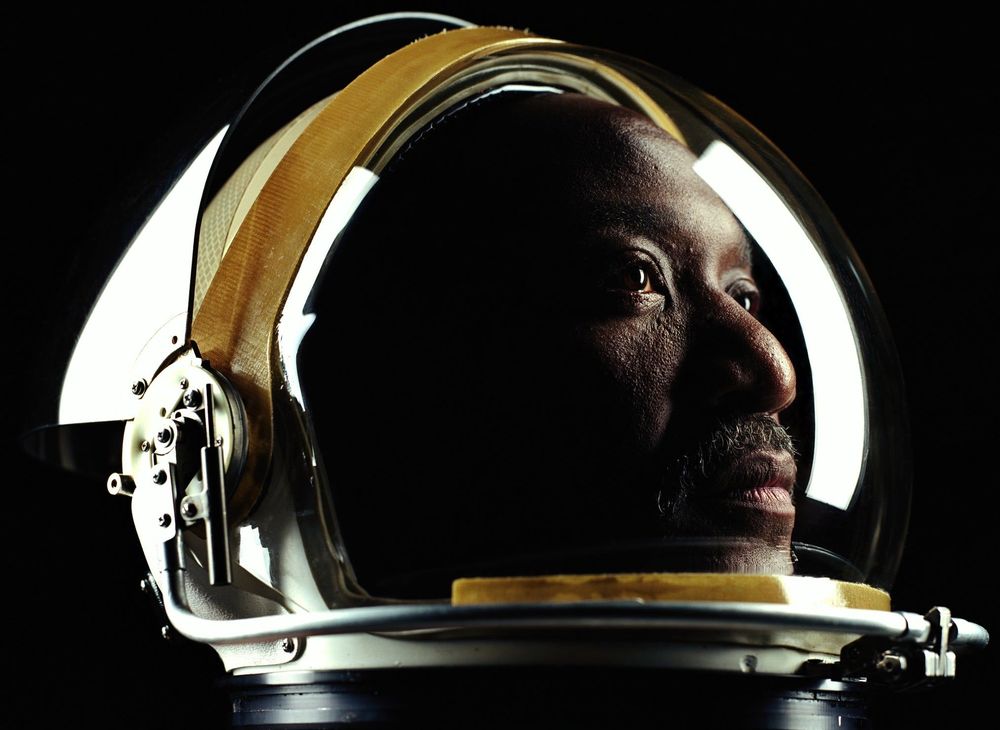A team of researchers at Memorial Sloan Kettering Cancer Center (MSK) reported on the epidemiology of COVID-19 illness experienced at an NCI-designated cancer center during the height of pandemic in New York City.
The characterization of COVID-19 in patients with cancer remains limited in published studies and nationwide surveillance analyses. Reports from China and Italy have raised the possibility that patients with cancer on active therapy have a higher risk of COVID-19 related severe events, although there is a knowledge gap as to which aspects of cancer and its treatment increase the risk of severe COVID-19 disease.
According to a new study from Memorial Sloan Kettering published June 24 in Nature Medicine, patients in active cancer treatment who develop COVID-19 infection don’t fare any worse than other hospitalized patients. Notably, metastatic disease, recent chemotherapy, or major surgery within the previous 30 days did not show a significant association with either hospitalization or severe respiratory illness due to COVID-19. Researchers say their findings suggest that no one should delay cancer treatment because of concerns about the virus.




